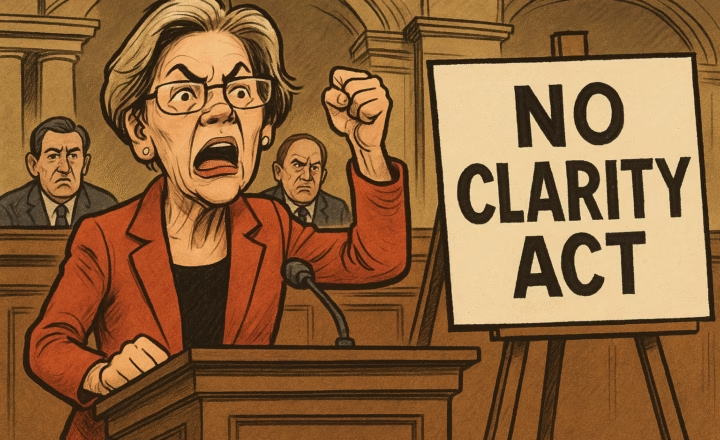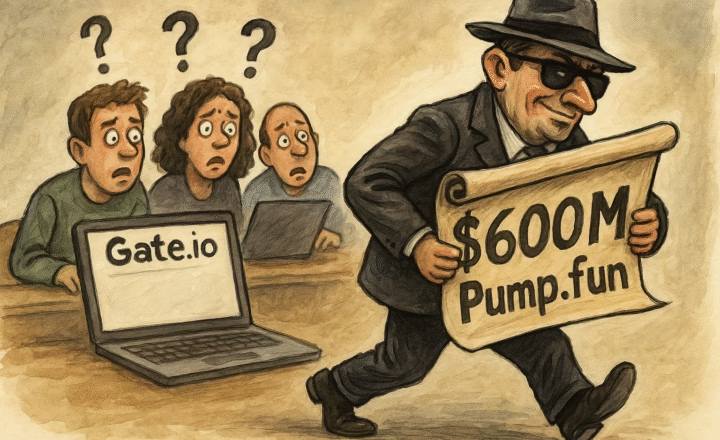Texas magistrate rules that YouTuber Stephen Findeisen’s statements may be actionable, allowing Logan Paul’s lawsuit to move forward
Overview
A federal magistrate judge in Texas has recommended allowing Logan Paul to proceed with his defamation lawsuit against Stephen Findeisen, better known as the YouTuber Coffeezilla, over comments made regarding Paul’s now-defunct NFT project, CryptoZoo.
Much wow.
🦈 x 🐘 #NFT #CryptoZoo #BSC #ETH pic.twitter.com/mDXUkifFga
— CryptoZoo (@CryptoZooCo) March 13, 2022
In a report filed on March 26, Magistrate Judge Henry Bemporad found that Paul had “sufficiently alleged” that Findeisen made statements that could be considered defamatory under Texas law, recommending that presiding U.S. District Judge Orlando Garcia deny Findeisen’s motion to dismiss the case.
“At the pleading stage, Plaintiff [Paul] has sufficiently alleged that the statements at issue in this case are reasonably capable of defamatory meaning and are not unactionable opinions,” Bemporad wrote.
The decision paves the way for a potential trial in a high-profile legal battle involving one of the crypto industry’s most infamous failed projects and one of its most prominent critics.
Background: Coffeezilla vs. CryptoZoo
Paul filed the defamation suit in June 2023, claiming that Coffeezilla’s YouTube videos and social media posts wrongly portrayed him as a “serial scammer” and CryptoZoo as a “scam” and “massive con.” The complaint focused on two videos and one X (formerly Twitter) post published by Findeisen, which Paul argues caused reputational and financial harm.
CryptoZoo was initially launched as a blockchain game involving NFT “eggs” that would hatch into animals, which could be bred to create new NFTs and earn tokens based on rarity. However, the game never launched, and the project became the subject of widespread controversy and public backlash.
In response to the lawsuit, Findeisen sought an early dismissal in February 2024, arguing that his videos were opinions, not factual allegations, and included disclaimers stating as much. But Judge Bemporad found those disclaimers were “not particularly prominent” and only appeared in expanded video descriptions, which may not be enough to protect Findeisen from legal liability.
“Even if the disclaimers were more prominently on display, however, they would not materially change the factual nature of Findeisen’s assertions,” Bemporad wrote.
Legal Arguments and Court’s Reasoning
Findeisen argued that his criticisms of Paul and CryptoZoo were framed as opinions and therefore protected by the First Amendment. However, the court ruled that some of his statements were presented as factual assertions, making them potentially defamatory under Texas law.
Among the statements cited in the complaint are references to Logan Paul as a “serial scammer” and direct claims that CryptoZoo was a “scam.” Judge Bemporad emphasized that the context of these statements and their presentation made them actionable, at least at the pleading stage of the case.
“The Court should reject Defendants’ contention that context renders Findeisen’s statements nondefamatory,” the report stated.
Paul and Findeisen now have 14 days to file objections to the magistrate judge’s findings, after which District Judge Garcia will make a final ruling on whether the case proceeds to trial.
CryptoZoo Fallout and Ongoing Litigation
CryptoZoo was one of the most notorious Web3 celebrity-backed failures of the past few years. After the project collapsed and faced heavy criticism—including Coffeezilla’s investigative series in 2022—Paul initially threatened legal action against the YouTuber but later backed down and apologized publicly.
In January 2023, Paul pledged $2.3 million in refunds for CryptoZoo buyers who agreed not to sue. That commitment came one year after the initial backlash but did little to quell criticism from buyers and legal experts.
A separate class-action lawsuit filed by CryptoZoo purchasers is still ongoing. Paul has moved to dismiss that case, while also filing a countersuit against two former business partners, alleging they were responsible for the project’s failure.
Investor and Industry Takeaways
For Web3 builders, investors, and influencers, the CryptoZoo saga offers critical lessons:
-
Due Diligence in NFT Projects: Even celebrity-backed NFT projects can fail spectacularly if fundamentals and delivery are lacking.
-
Reputational Risk in Crypto: Defamation claims related to Web3 projects may now carry more legal weight, especially when statements are presented as factual.
-
Legal Gray Zones Around Crypto Commentary: The case could set precedent around how far crypto journalists, influencers, and whistleblowers can go in publicizing alleged scams.
Coffeezilla’s videos were widely praised for exposing flaws and potential wrongdoing in crypto projects, but this case may test the boundaries between investigative commentary and actionable defamation.
Conclusion
While the case is still in its early stages, Judge Bemporad’s recommendation to move forward signals that the legal system is taking crypto-related defamation claims seriously, particularly when financial harm and public reputation are involved.
If the suit proceeds to trial, it could have far-reaching implications for free speech, accountability, and public discourse in the crypto industry—especially at a time when the sector is under intense scrutiny from regulators, courts, and investors alike.












